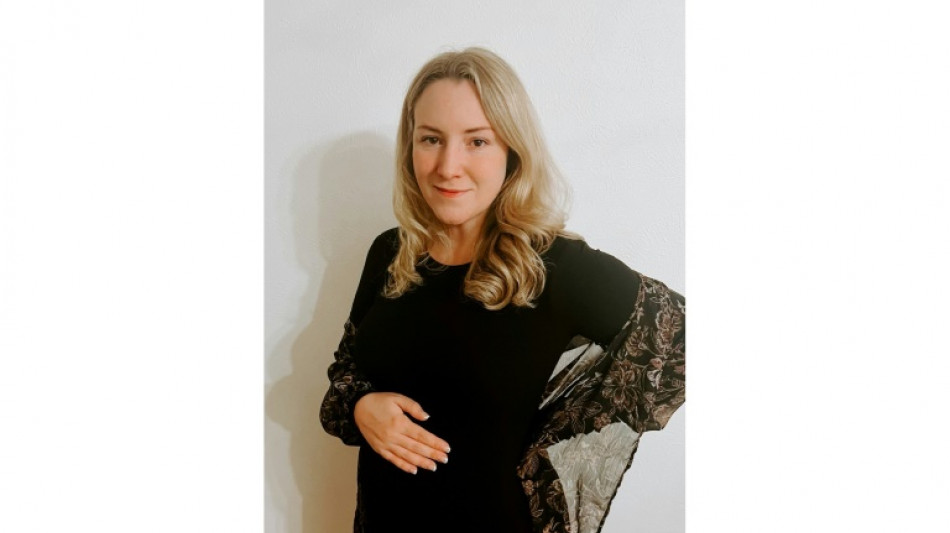

Texas woman forced to leave state for emergency abortion
A Texas woman has been forced to leave the state for an emergency abortion after being prevented from terminating her potentially life-threatening pregnancy, a court filing by her lawyers said Monday.
Kate Cox, a 31-year-old mother of two from Dallas, is more than 20 weeks pregnant with a fetus that has a rare genetic defect that means it will likely die before birth or at most live a few days.
Doctors have said that unless the pregnancy is terminated, it could cause a uterine rupture that threatens Cox's life and future fertility.
Cox sued the state last week and initially won a right to an abortion by a judge in Travis County.
But the state's Attorney General Ken Paxton appealed to the Texas supreme court, which blocked the lower court's order. Paxton also threatened to prosecute any doctor carrying out the abortion.
"Due to the ongoing deterioration of Ms. Cox's health condition, and in light of the administrative stay entered by the Court on December 8 and the Attorney General's ongoing threats to enforce Texas's abortion bans against the Plaintiffs in this case, Ms. Cox is now forced to seek medical care outside of Texas," the new filing said.
Texas has some of the strictest abortion laws in the nation, prohibiting it even in cases of rape or incest.
While the state's law does allow abortions in cases where the mother's life is in danger, physicians have said that in practice the wording is vague and unclear, leaving them open to legal consequences for exercising their medical judgment.
F.Laguardia--IM



